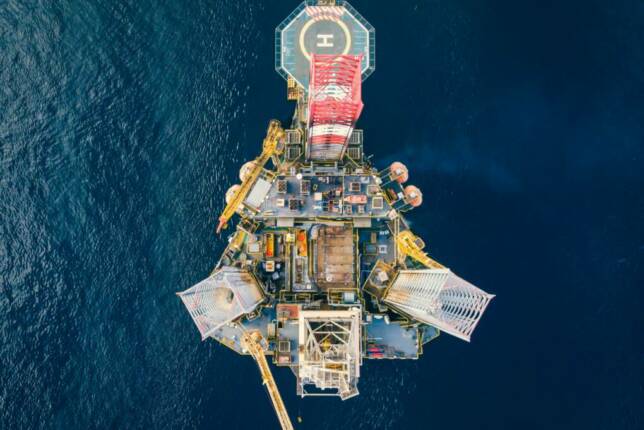Traditionally perceived as a field of excellence, the nuclear sector has been facing a decline in attractiveness in recent years. This has frequently led to a real skills shortage. Today, France's third largest industrial sector still has a significant need for qualified personnel, particularly in the nuclear engineering and atomic engineering fields.
Nuclear engineering and atomic engineering: jobs in short supply
For the past decade, the nuclear sector has been suffering from an ever-increasing decline in qualified personnel. According to the SFEN (the French Nuclear Energy Society), the need for skills in the nuclear industry stood at 8,000 jobs in 2020. Many skilled professions in the nuclear industry are currently in short supply: boilermakers, welders, industrial electricians, technicians, etc. Engineers and experts in atomic engineering are also highly sought after by companies. A number of measures have recently been taken to generate jobs in the sector. Within the framework of the Excell plan, supported by EDF and other industrial players, the Université des Métiers du Nucléaire (University of Nuclear Professions) was created in 2021 to promote and boost training opportunities in the nuclear field. This project includes the creation of some 50 scholarships, each worth 600 euros per month, for students in initial vocational training (Bac Pro, BTS, CAP). Further, at the beginning of 2022, Emmanuel Macron announced a plan to revive the civil nuclear industry, with the construction of a new fleet of six ERP reactors, which should start in 2023. To carry out this major project, the recruitment of 30,000 professionals will be necessary. EDF, in charge of the project, has announced the recruitment of 3,300 technicians and engineers during the year. The group also plans to hire 15,500 employees throughout France in 2022, including engineers and other qualified profiles.Nuclear engineer: definition, salary and missions
What are the duties of a nuclear engineer?
Nuclear engineers have a number of functions within the nuclear power plant or company where they work. In particular, they may be in charge of :- Ensuring the safety of nuclear power plants
- Guaranteeing the radiological safety of people and ensuring risk prevention
- Carrying out nuclear studies and tests
- Designing, modelling or modernising a nuclear reactor
- Managing the dismantling of nuclear facilities
- Checking the condition of machines, equipment and various facilities
- Ensuring the proper management of radioactive waste and supervising the used nuclear fuel cycle.
Nuclear engineering specialisations
The nuclear engineering profession includes a large number of specialisations. For example:- Radiation protection engineers
- Nuclear safety engineers
- Neutron engineers (reactor specialists)
- Thermal-hydraulic engineers
- Critical engineers.
What training is required to become a nuclear engineer in atomic engineering?
To become a nuclear engineer, it is necessary, after a scientific baccalaureate, to follow a five-year degree course to obtain a general or specialised engineering diploma. Here are some examples of organisations that offer such courses:- INSTN (National Institute of Nuclear Science and Technology)
- University of Clermont-Ferrand: Master’s degree in nuclear engineering
- ISTP (Nuclear Engineering curriculum)
- École Centrale Supélec: Engineering diploma
- ITII Île-de-France: Nuclear Engineering diploma (CNAM)
- University of Grenoble Alpes (Valence): Master’s degree in nuclear engineering
- Claude Bernard University (Lyon): Nuclear engineering courses and Master’s degree
- Polytechnic Institute of Paris: Master 1 mention Nuclear Engineering
- Polytechnic Institute of Grenoble
- Paristech: Master’s degree in Nuclear Energy
- LP2i Bordeaux: Master’s degree in nuclear instrumentation
- Toulouse INP-ENSIACET: LMD programme in Fluid Mechanics and Industrial Processes
- I2EN (International Institute for Nuclear Energy): Master’s degree
- University of Grenoble Alpes: ADIN course (Sanitation and Dismantling of Nuclear Facilities).







